The Essential Cat Vaccination Schedule for 2024
As responsible cat owners, keeping our pets healthy and disease-free is crucial. Cats need vaccinations to avoid life-threatening diseases. A well-planned immunization routine can prevent health complications and lengthen your cat’s life. Advances in veterinary treatment and infectious disease knowledge will inform 2024 cat vaccination guidelines. This page explains the 2024 cat vaccination schedule.
Why Cat Vaccinations Matter in 2024
Pet vaccinations have always been essential to preventive care. Vaccinations are still important in 2024 because infectious diseases can spread readily among cats, especially those that spend time outside or interact with other animals. Vaccines train your cat’s immune system to fight certain diseases, decreasing illness or preventing infection. Skipping or delaying a cat’s vaccinations can cause major health problems, some fatal.
Rabies is zoonotic, meaning cats can spread it to people. A regular immunization plan benefits the cat and the safety of others around them.
Core vs. Non-Core Vaccines: 2024 Advice
Knowing the difference between core and non-core vaccines is crucial when planning your cat’s vaccination program. Every cat, regardless of lifestyle, should receive core immunizations to prevent common diseases that threaten feline health. However, non-core immunizations are optional and suggested based on a cat’s lifestyle, region, and animal exposure.
The core cat vaccines in 2024 are:
- Cat panleukopenia virus
- Feline Herpesvirus-1
- Feline Calicivirus
- Rabies
- Non-core vaccines may protect against FeLV, FIV, Bordetella, and Chlamydia felis. Your vet can recommend immunizations for your cat based on its needs.
Cat Vaccinations: The Best Time in 2024
Early vaccines are essential for kittens, who are particularly susceptible to illnesses. Vaccination should begin between six and eight weeks for kittens. The timing is crucial since kittens’ maternal antibodies from their mother’s milk fade after a few weeks. Vaccines boost immunity as maternal antibodies decline.
Kittens’ initial immunization series in 2024 usually involves several weeks of shots. Kittens need core immunizations at six to eight weeks and booster doses every three to four weeks until 16 to 20 weeks. This safeguards them at their most vulnerable years.
Adult cats usually get booster doses once a year or every three years, depending on the vaccine and their risk factors. Veterinarians may change timing based on 2024 research and best practices.
FPV vaccine for cats
The feline panleukopenia virus vaccine is a 2024 core vaccination. Cats of all ages can contract panleukopenia, often known as feline distemper, a highly contagious and deadly viral disease that kills kittens most often. The virus causes severe sickness by attacking quickly dividing cells in the gut, bone marrow, and fetus.
The extremely efficient FPV vaccine has greatly reduced illness prevalence in vaccinated communities. Kittens receive their first dosage between six and eight weeks and boosters every three to four weeks until 16 to 20 weeks. Adult cats need boosters annually or every three years, depending on the product.
FHV-1 and FCV vaccines
Cats’ most prevalent upper respiratory illnesses are feline viral rhinotracheitis (FVR) caused by FHV-1 and FCV. A core cat vaccine in 2024 is a combined vaccine that covers these two diseases. Sneezing, nasal discharge, and conjunctivitis are flu-like symptoms of FHV-1 and FCV. They can cause chronic respiratory issues, eye damage, and mouth ulcers in severe situations.
The combo vaccine is given to kittens at 6–8 weeks together with the FPV immunization. Like the FPV vaccine, kittens need boosters every three to four weeks until 16 to 20 weeks. Depending on exposure risk, adult cats should get boosters annually or every three years.
Cat Rabies Vaccine 2024
Rabies is a fundamental vaccine for all cats, indoors or out. Rabies, a lethal brain and central nervous system virus, can be spread by bites or saliva. Many regions require rabies vaccinations for all pets due to its severity and zoonotic potential.
Cat rabies vaccinations begin at 12 weeks and include a booster at a year in 2024. Every one to three years, most cats need a booster shot for rabies, depending on local rules and the vaccine.
FeLV vaccine in 2024
The feline leukemia virus vaccination is non-core, although it is suggested for outdoor cats and those living with other FeLV-positive cats. The feline leukemia virus can kill and cause anemia, immune system suppression, and malignancy. Kittens receive their first FeLV immunization at eight weeks and a second three to four weeks later. Adult cats at risk of exposure may need annual vaccinations.
2024 Booster Shots and Titer Testing
Cats need booster doses after the initial vaccine series to stay immune. A cat’s booster dose frequency depends on its immunization, age, and lifestyle. Some immunizations need annual boosters, while others last three years.
Titer testing, which examines blood antibodies, is becoming more used in 2024 to determine if a cat is immune to certain infections. Titer testing may be performed to evaluate if a booster vaccination is needed, especially in adult cats that have been vaccinated.
Conclusion
Core vaccines against prevalent and life-threatening diseases are stressed in the 2024 cat vaccination schedule. Owners can protect their cats throughout their lives by following the kitten and adult cat regimen. To personalize the immunization strategy to your cat’s lifestyle, health, and geographical hazards, consult with your vet. Proper immunization gives your cat the best resistance against disease, ensuring a long, healthy, and happy life.

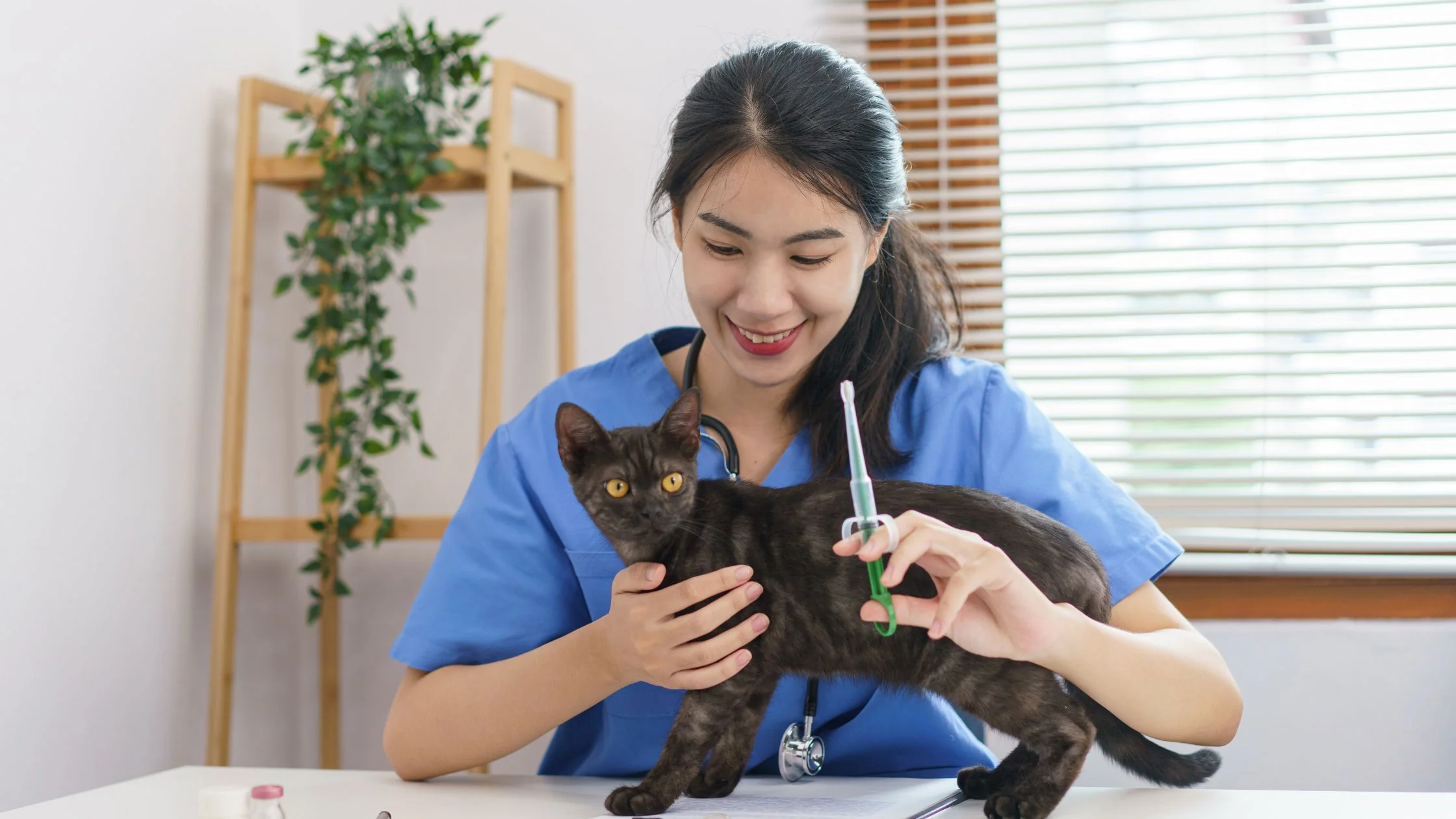
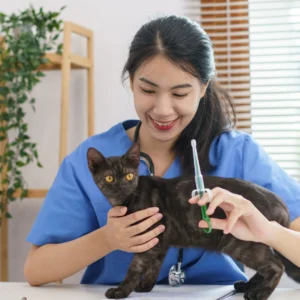
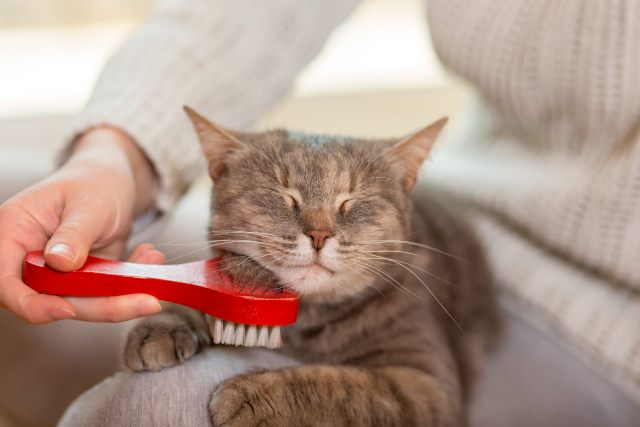


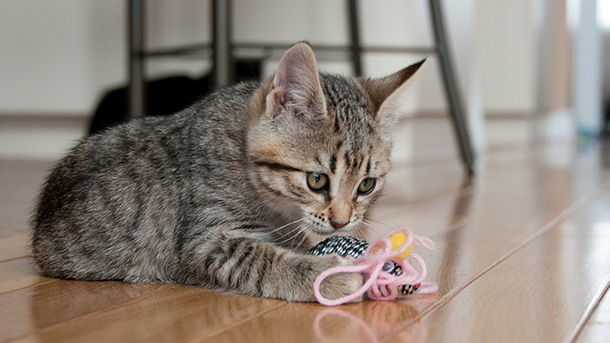
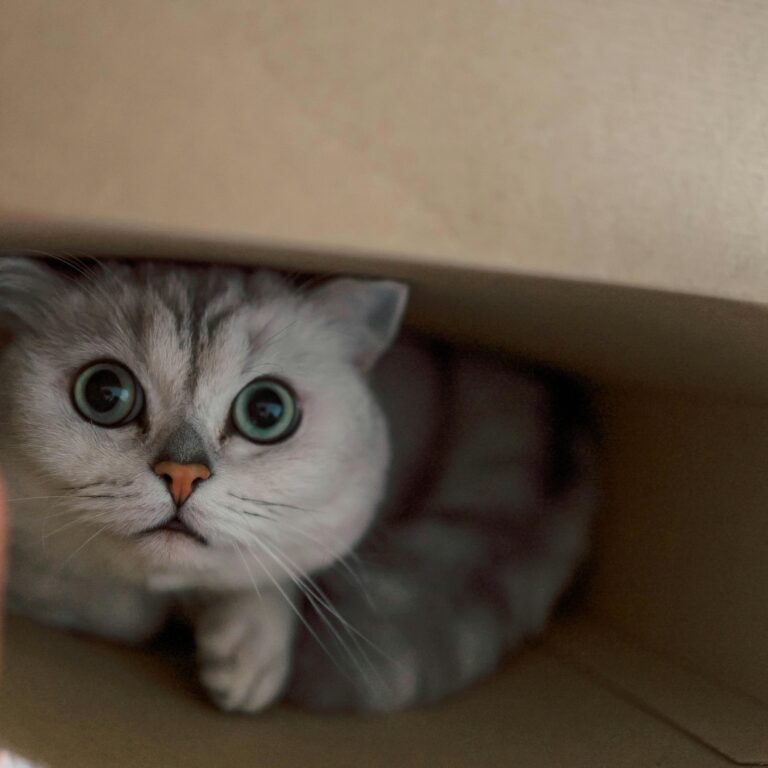
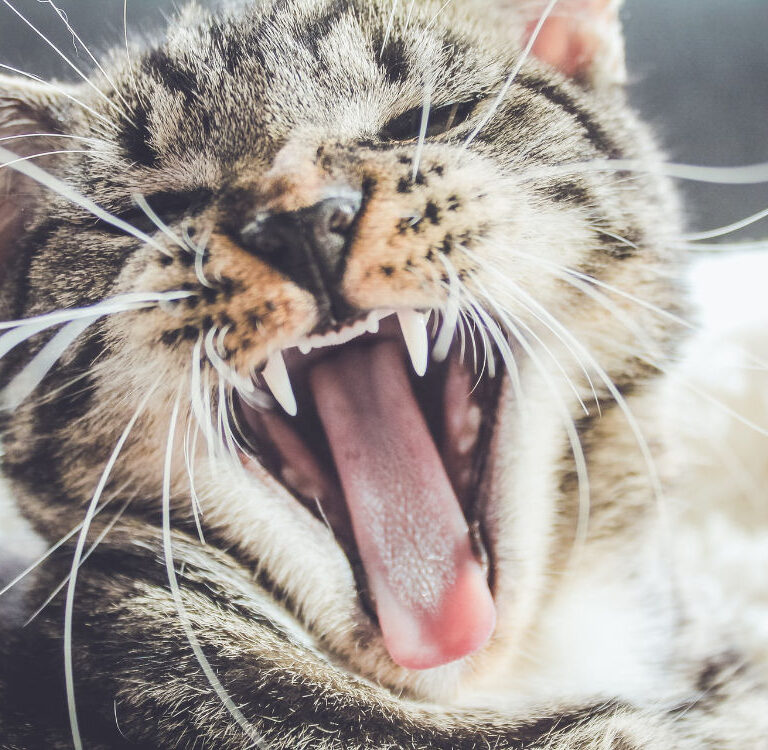
Please tell me more about your excellent articles